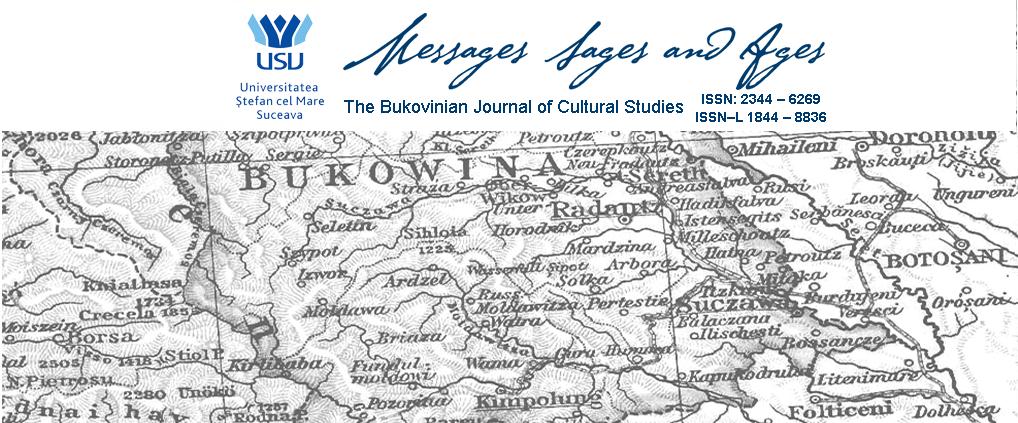Love has been a staple and chameleonic trope in literature that inspired poets and novelists alike since times immemorial, becoming one of the most pervasive themes in literary texts over the centuries. The traditional understanding of the concept ranged from abstract to more scientific and it has been theorized in fields of study as diverse as philosophy, theology, and psychology. In literature, love mostly appears intertwined with romantic and erotic feelings, but postmodern fiction expands its semantic field by experimenting with a new typology, namely metaleptic love. In Canadian literature, one twentieth-century novel that illustrates a specific form of metaleptic love by using intertextuality is Timothy Findley’s Headhunter (1993). This paper argues that intertextuality is not just a marker of the postmodernist strategies embraced by Findley in his masterpiece, but it also functions as a symbol of metaleptic love and implicitly becomes a marker of ontological plurality.
Monika Leferman is a PhD Candidate at the English Department of the Faculty of Letters of “Babeș-Bolyai” University, Cluj-Napoca, where she currently teaches practical courses in grammar and vocabulary. Her academic interests include Canadian Literature, Victorian literature, the English novel of the twentieth century, and the fantastic in fiction. She has published articles in these fields and presented papers on various topics at prestigious conferences in Europe. Her doctoral thesis is entitled “Displacement in Contemporary Canadian Fantastic Fiction” and it sets to explore the concept of displacement through the lens of postmodernist theory, narratology, and cultural studies in the works of Canadian authors such as Jack Hodgins, Gwendolyn MacEwen, Timothy Findley, and Brian Moore.
